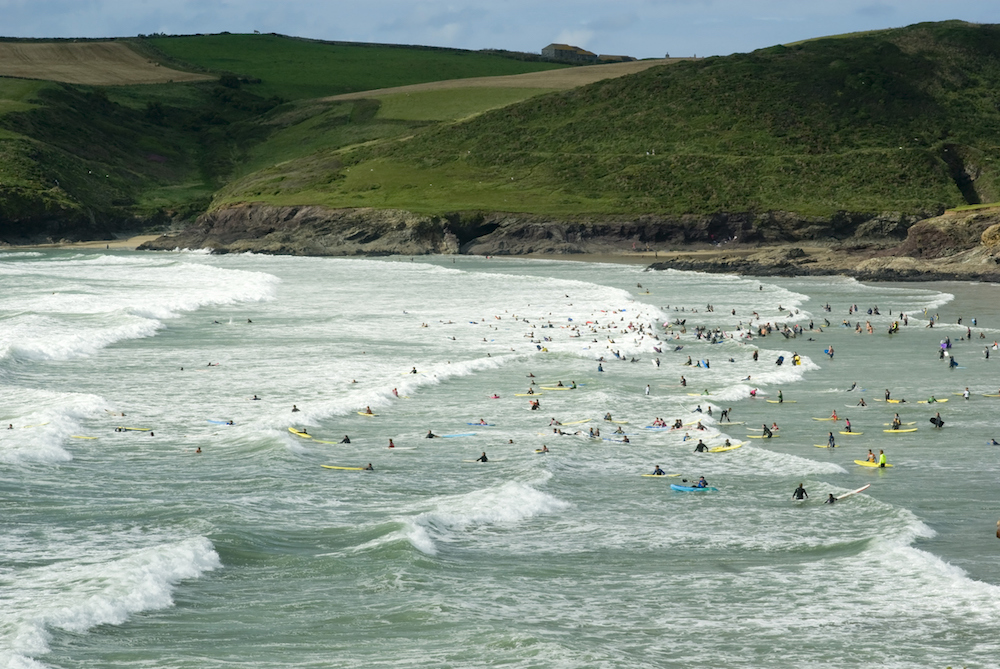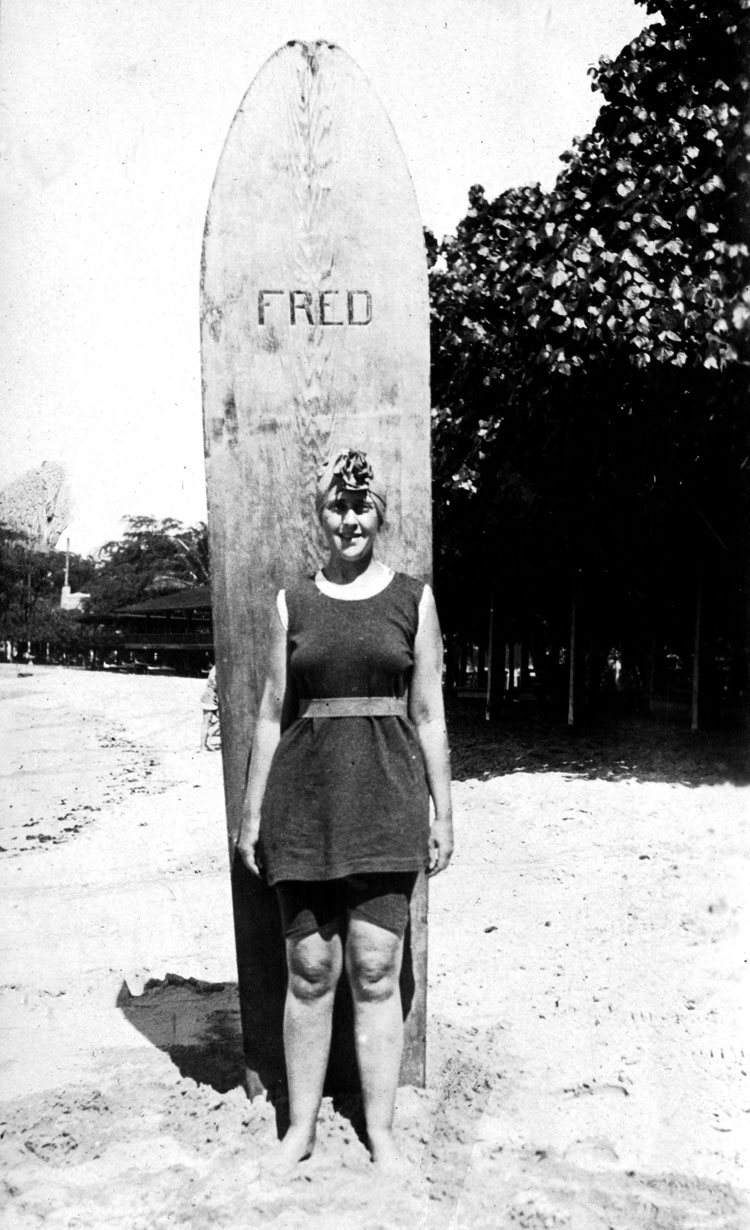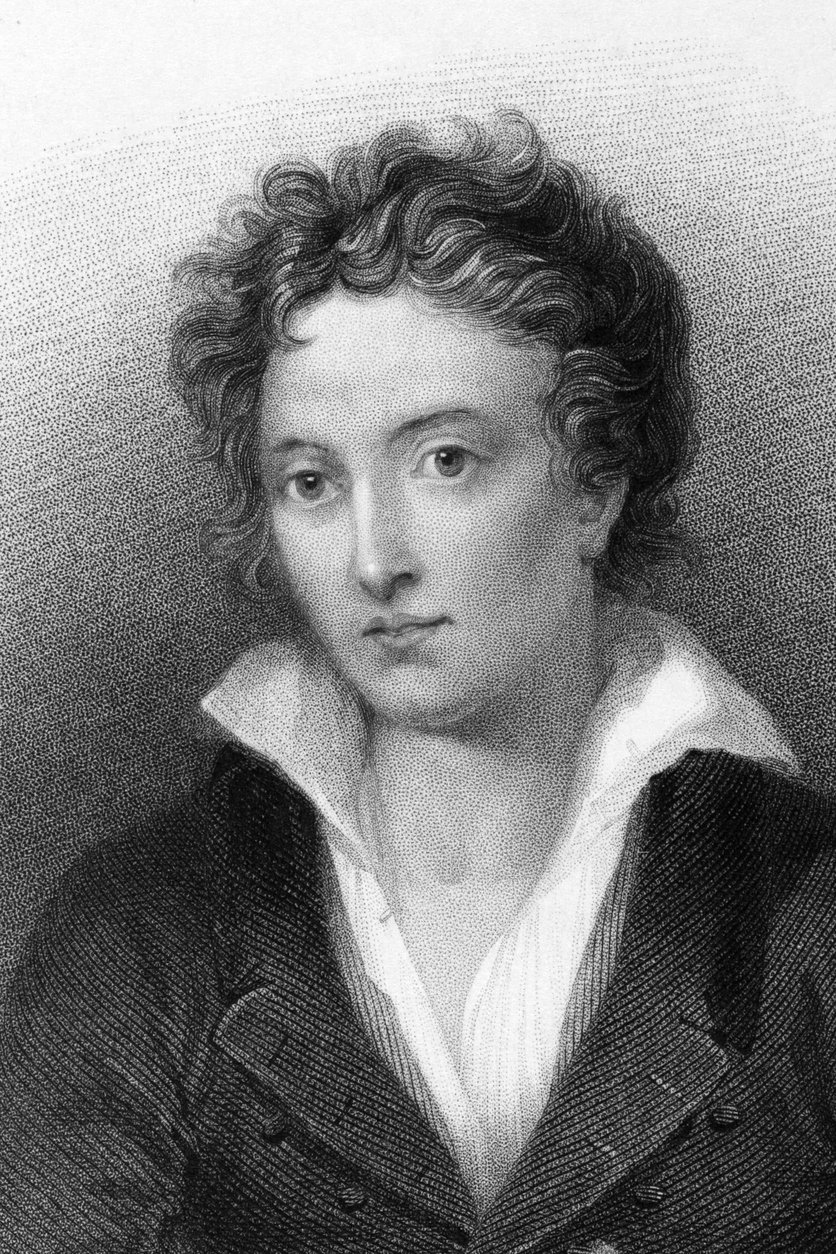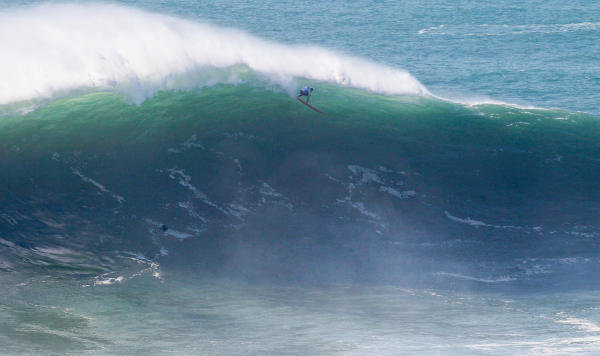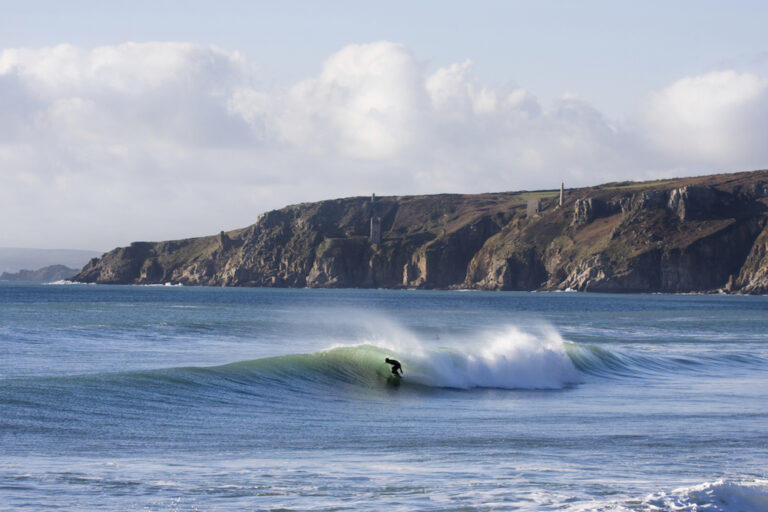There remains one important area we have so far left untouched. Yes: it is time to plough the green and pleasant field of English letters.
Cornwall has the better musicians, Devon the better cream teas, but which county has the better writers? And what can they tell us about England’s southwest corner? And what the actual shit, you enquire politely, have they got to do with surfing?
Literature
Daphne du Maurier, who lived for a large portion of her life on Cornwall’s sheltered south coast, drew on the duchy in much of her work, most notably in Rebecca and Jamaica Inn, both later adapted by Hitchcock. John le Carré also deals in suspense, but he plots his cliff-hangers from a more favourable stretch of coastline. The master of the Cold War spy thriller has lived just along from Sennen Cove for over 40 years, and owns a mile of clifftop in the area… jealously guarding a top secret slab, perhaps?
Another important 20th century novelist, William Golding, was born in Newquay and spent much of his childhood there, though little of his adult life. It seems unlikely that the Nobel laureate and Lord Of The Flies author ever shredded Little Fistral, and when he did return to Cornwall as an old man he set up in the inland village of Perranarworthal (see also: Nomenclature).
We mustn’t forget poet and historian A. L. Rowse, of course, who memorably wrote of his home county: “This was the land of my content.” These words now adorn a memorial near Black Head, which heralds Rowse as “the voice of Cornwall”. Born into poverty in St. Austell, the son of a barely literate miner, Rowse became — remarkably — a prominent Oxford scholar, famous for his strident views and withering dismissals of anyone who didn’t share them. A keen homosexual for most of his life, he recanted somewhat in old age, explaining, “of course, I used to be a homo; but now, when it doesn’t matter, if anything I’m a hetero.” I’ve not read them, but I daresay Tudor Cornwall and A Cornish Childhood, works of history and autobiography respectively, are riveting.
“Of course, I used to be a homo; but now, when it doesn’t matter, if anything I’m a hetero”


